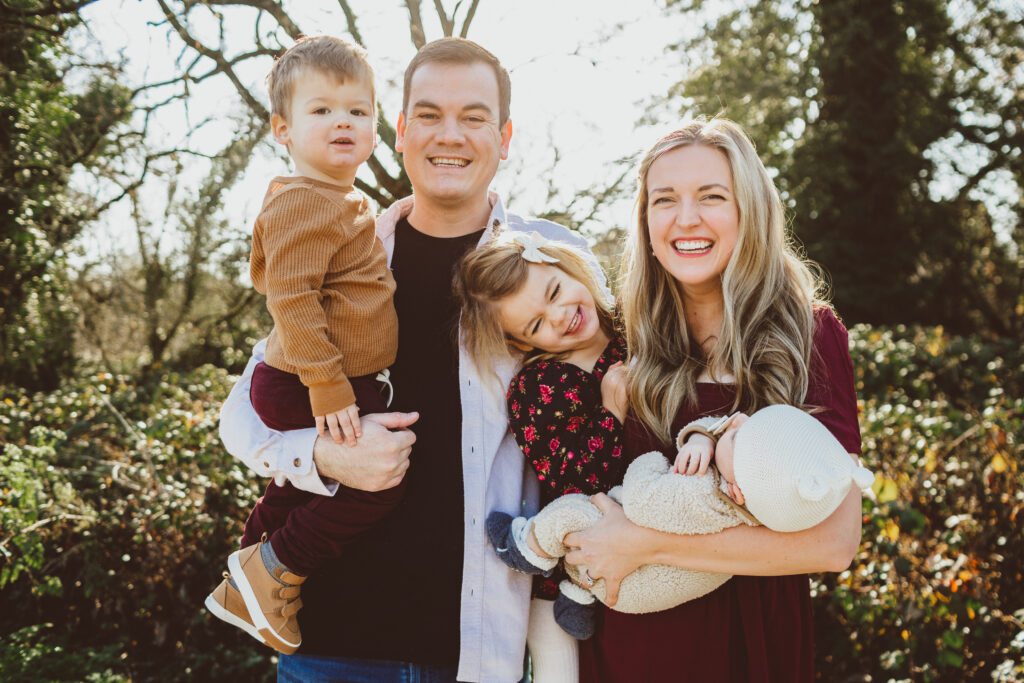
As postpartum depression has become more commonly understood an accepted, postpartum anxiety is still a giant unknown for most postpartum women.
Why is this? Great question.
I believe it is because there are a lot of anxiety symptoms that can make new moms more performative. This means that even when they are struggling internally with their mental health, they appear to be “good moms” on the outside; no one knows that they are suffering.
In my practice, I’ve found moms often start noticing the signs of postpartum anxiety around 3 months postpartum and they generally seek help around 6 months postpartum.
The Signs of Postpartum Anxiety At 3 Months Postpartum
If you have postpartum anxiety, at 3 months postpartum, you may start to feel a sense of overwhelm or worry that you didn’t experience before. You may also feel like you’re unable to relax, have racing thoughts, or feel like you can’t control your thoughts.
For many of my clients, the first symptoms of postpartum anxiety is they always feel like their mind is bouncing from the to-do list, to the grocery list, to the house list, to the work list, to the baby’s next nap or feed, and they never get a break. But, they also have a hard time making progress that feels meaningful in any area of their lives.
Another consistent sign of postpartum anxiety around 3 months postpartum is that you may have a hard time falling asleep at night, even when you are exhausted and sleeping very little. You know that you “should” be falling asleep right away, but you’re tossing and turning.
Other signs of postpartum anxiety at 3 months postpartum include rapid heartbeat, sweating, and feeling hot or cold. You may also experience headaches, dizziness, or nausea. In the first few months postpartum, it can be hard to separate some of these symptoms from your postpartum body adjusting to no longer being pregnant, milk coming in, and waking up every 2 hours. But by 3 months postpartum, our bodies have begun to normalize and these symptoms can be signs of anxiety.
It’s important to note that postpartum anxiety can be different for every woman. Some women may experience all of these symptoms of postpartum anxiety at 3 months postpartum, while others may experience only a few. If you are only experiencing a few of these symptoms, my course might be a helpful place for you to start. However, if you’re experiencing most of these symptoms, or any of these symptoms and they’re interfering with your ability to care for your baby or yourself, it’s important to seek help.
Why Is Getting Help For Postpartum Anxiety Important?
You deserve to feel like yourself again. Raising a baby is incredibly hard work, and you deserve to have support. Your baby also needs a mom who is mentally healthy. So often as moms, we think we can sacrifice and make do to provide for our kids. In reality, you modeling health and mental stability is the best gift you can offer your kids.
If you’re unsure whether you’re experiencing postpartum anxiety or if you’re experiencing symptoms of postpartum depression, it’s important to talk to your healthcare provider. This might include your OBGYN, PCP, or a mental health provider. If you are looking for a therapist near you who is trained to work with women experiencing postpartum anxiety, Postpartum Support International is a great place to start.